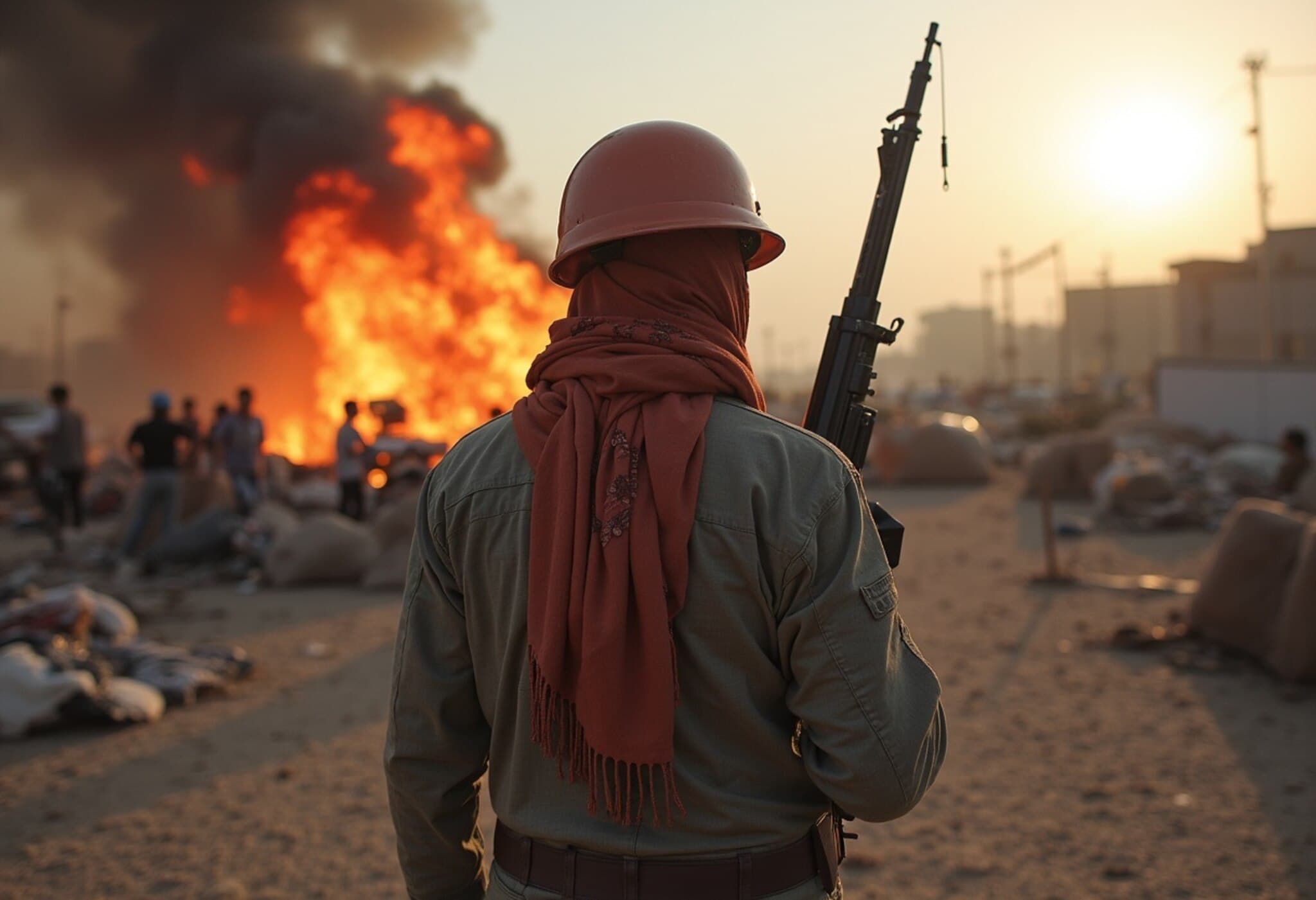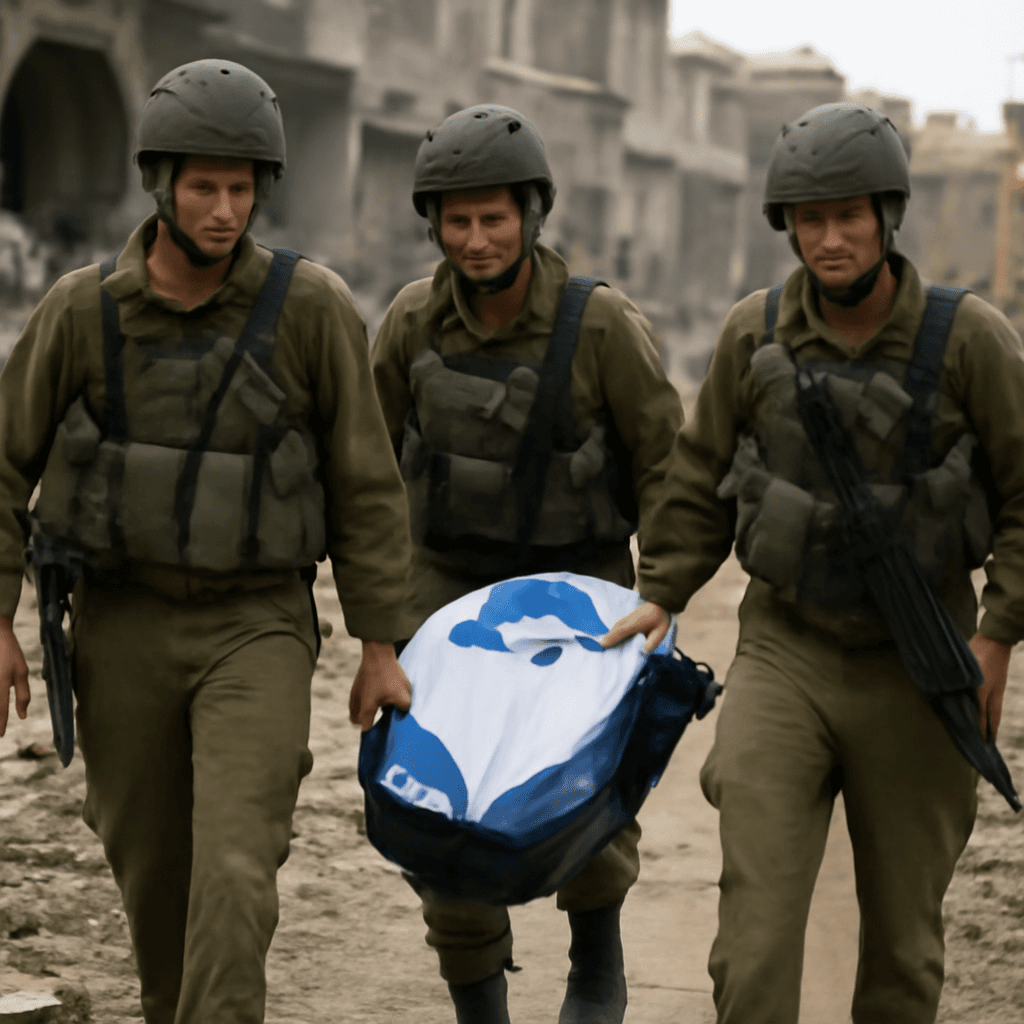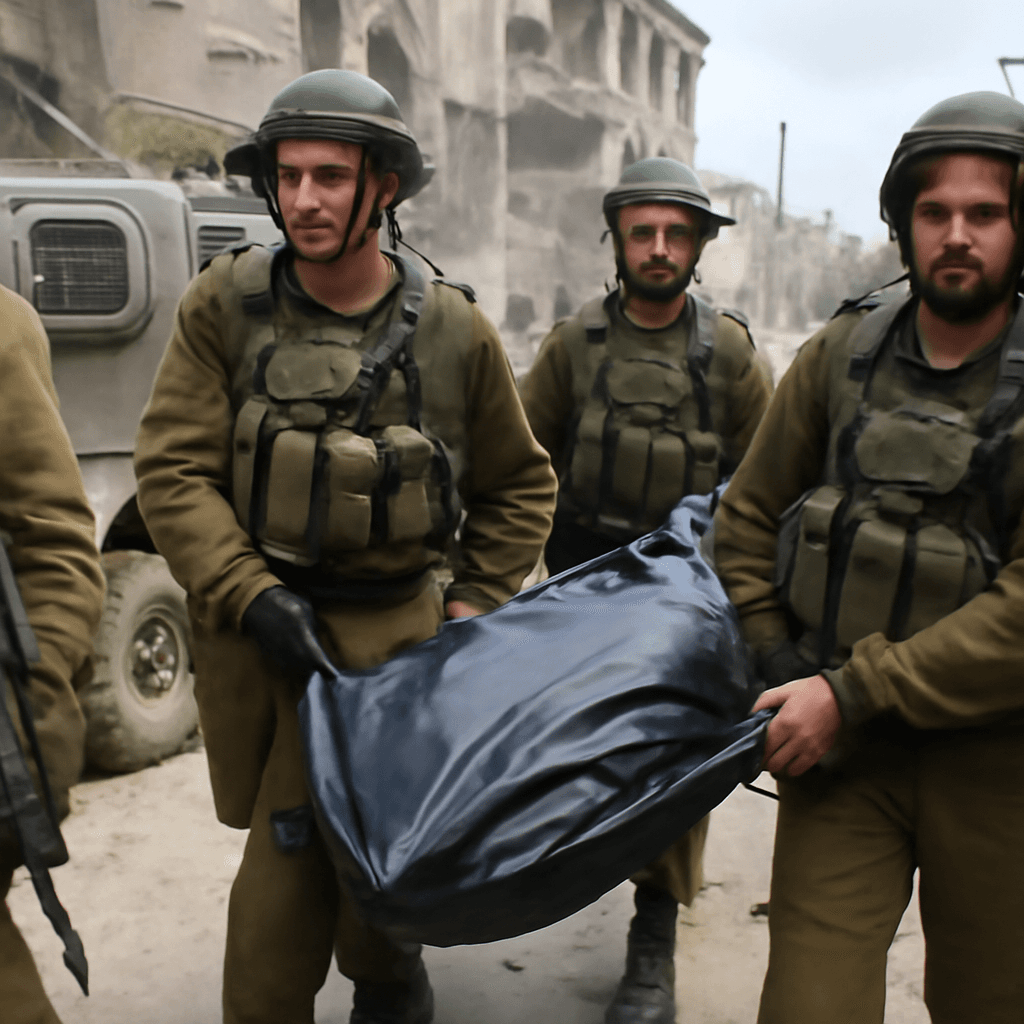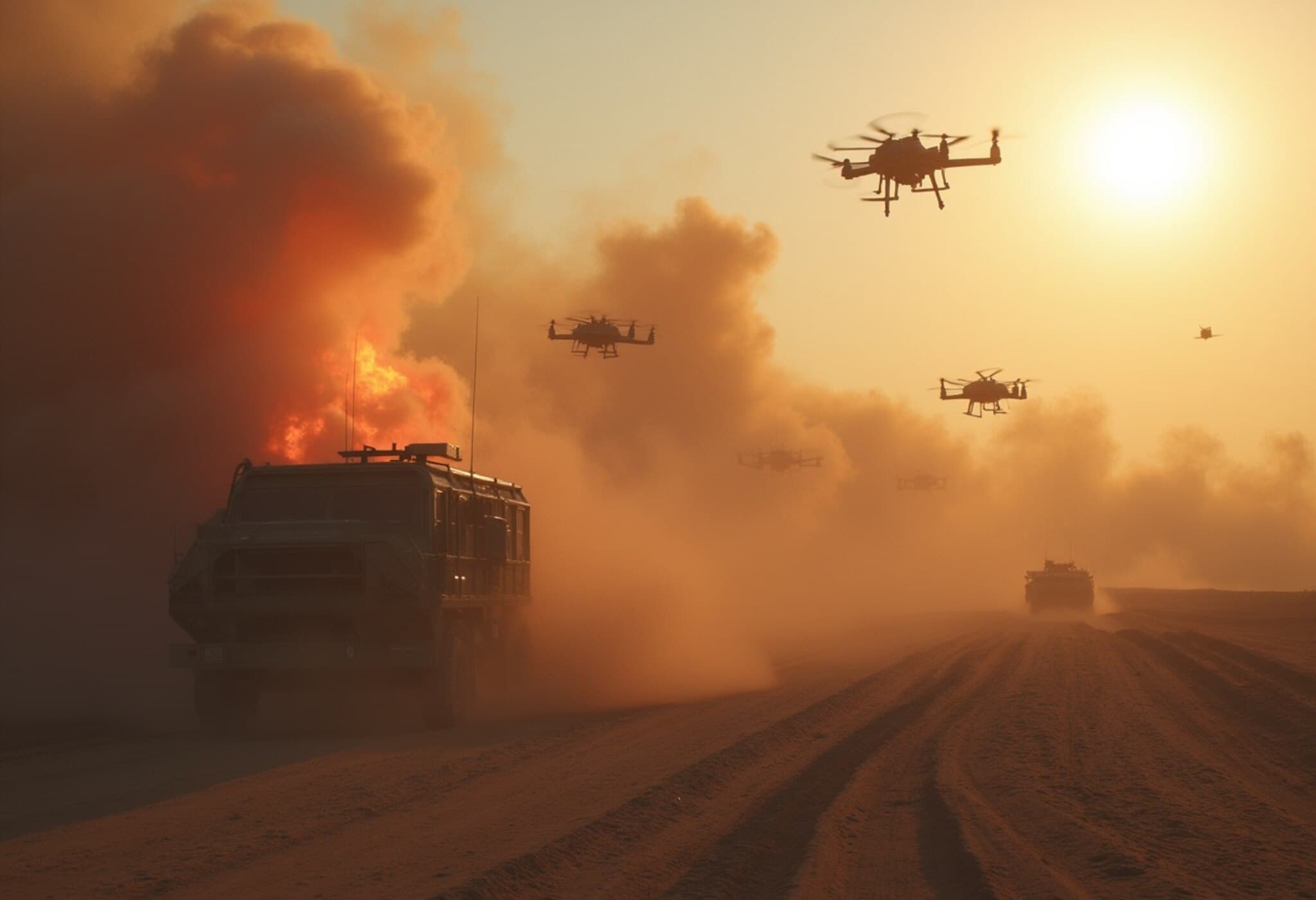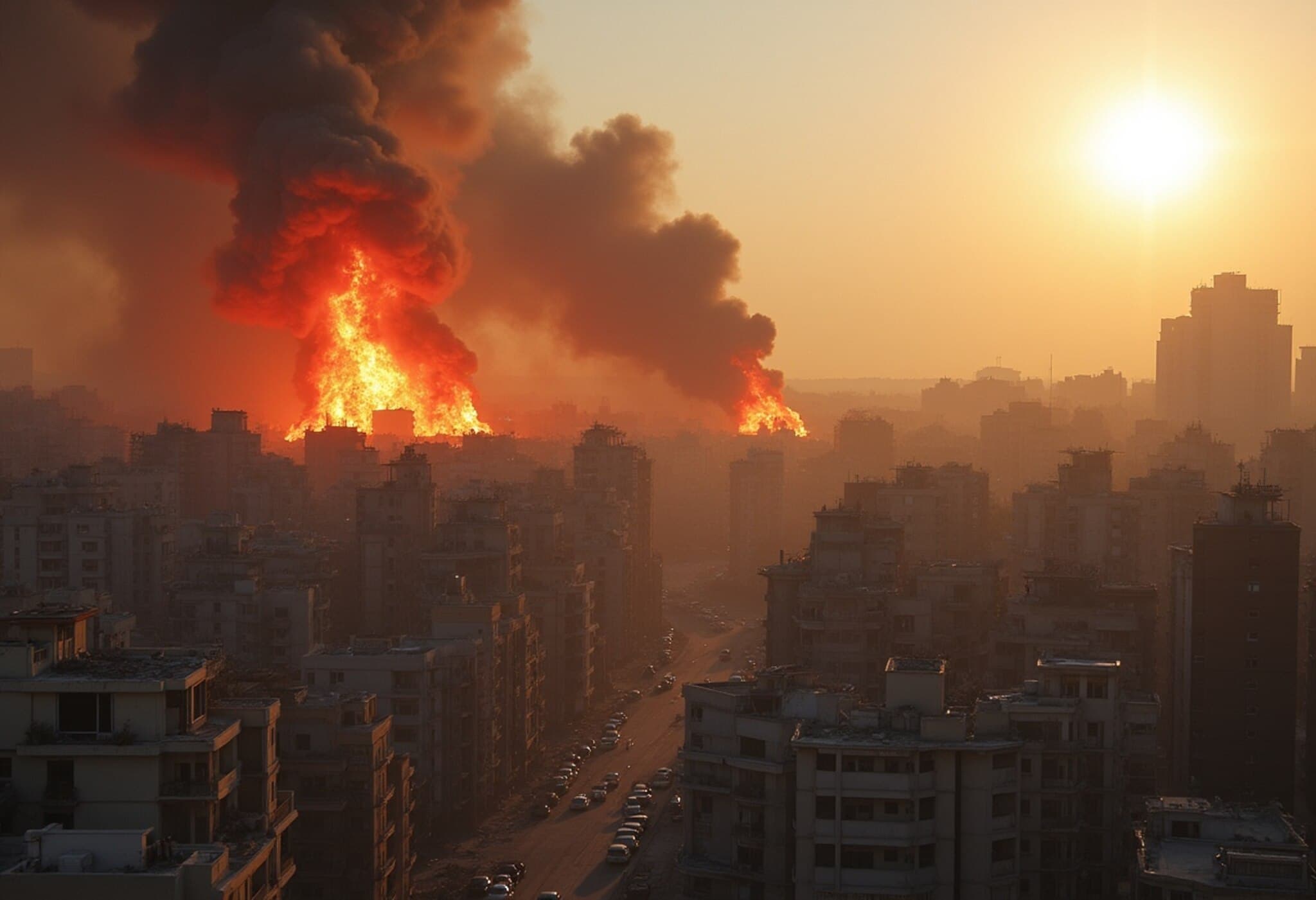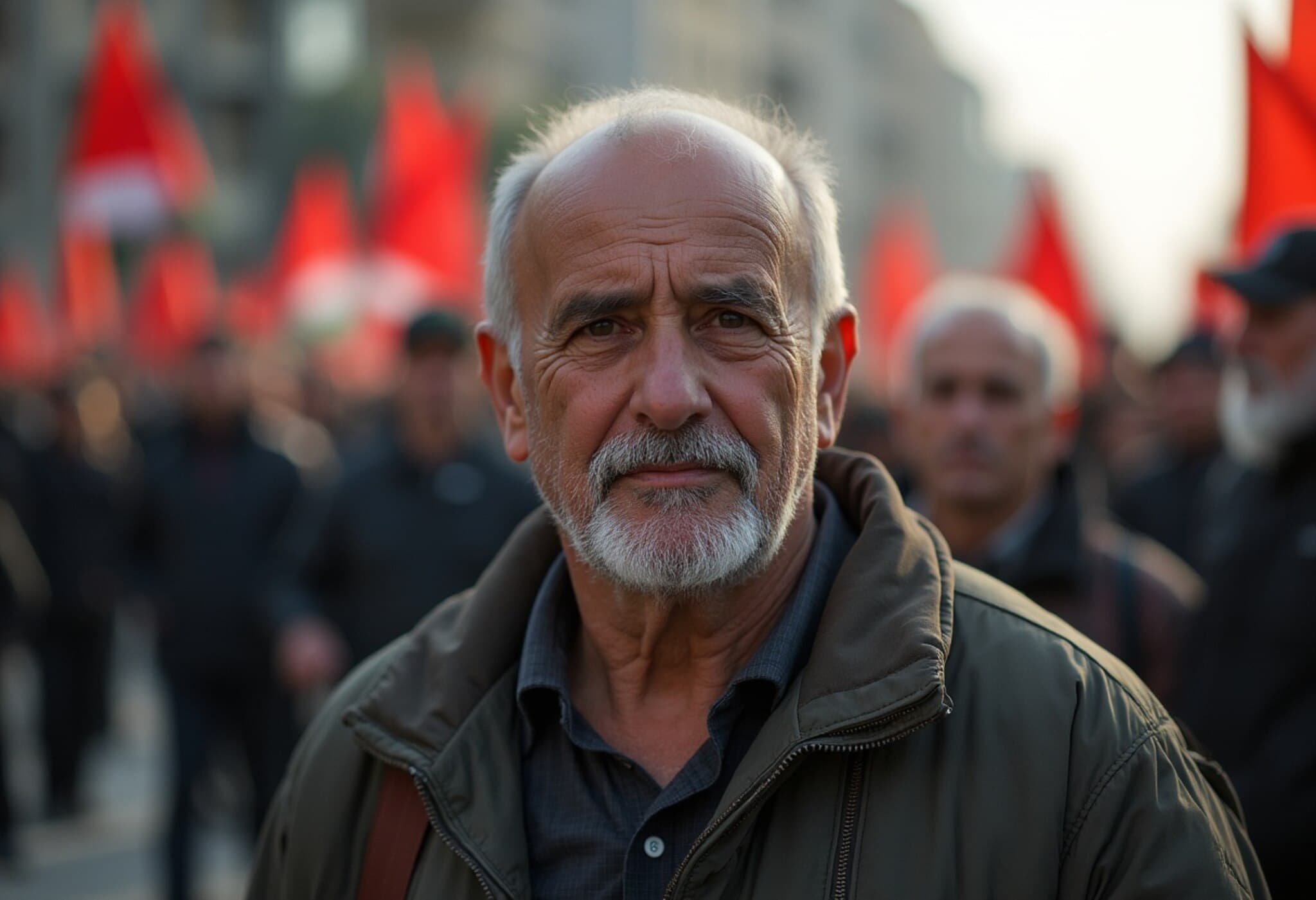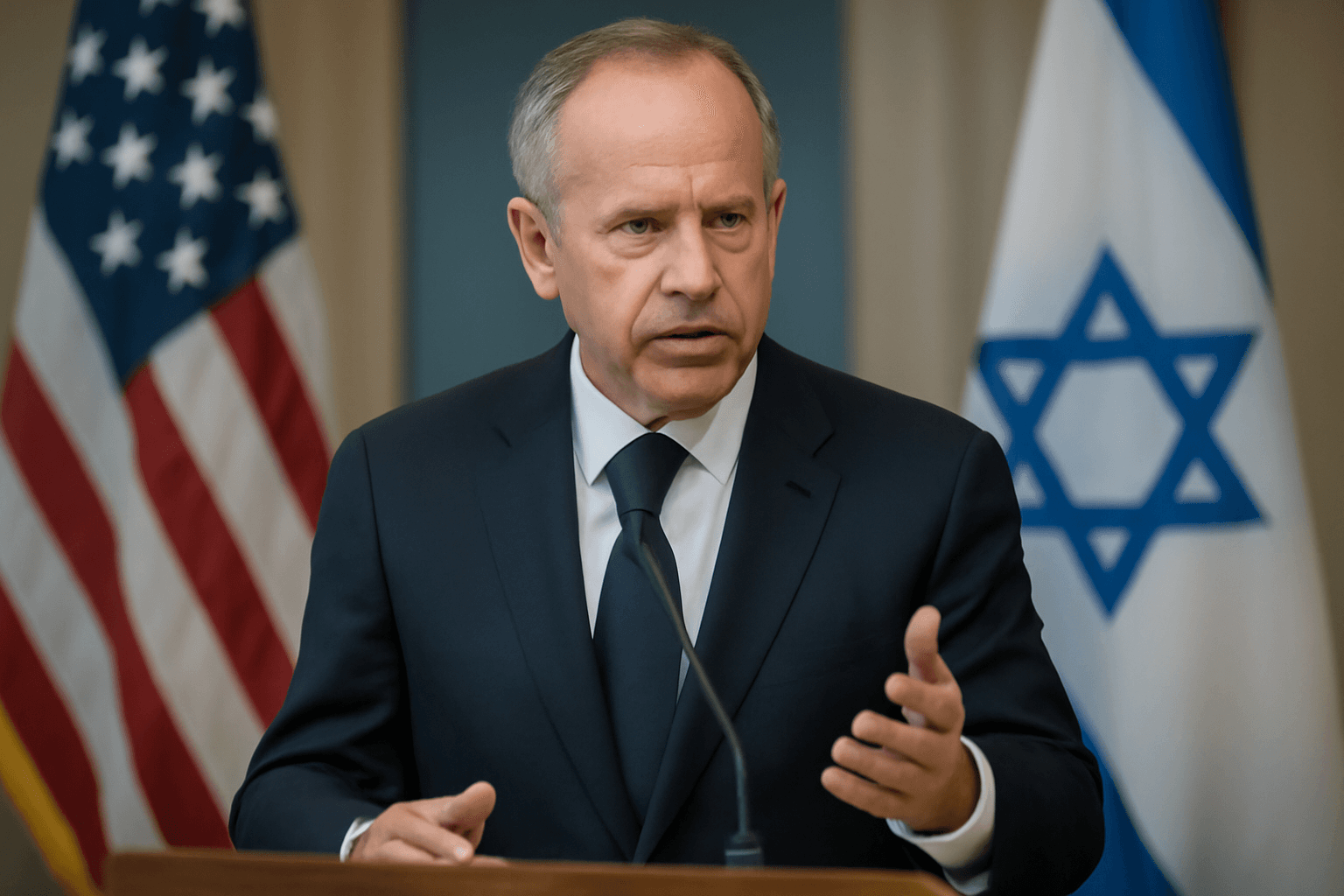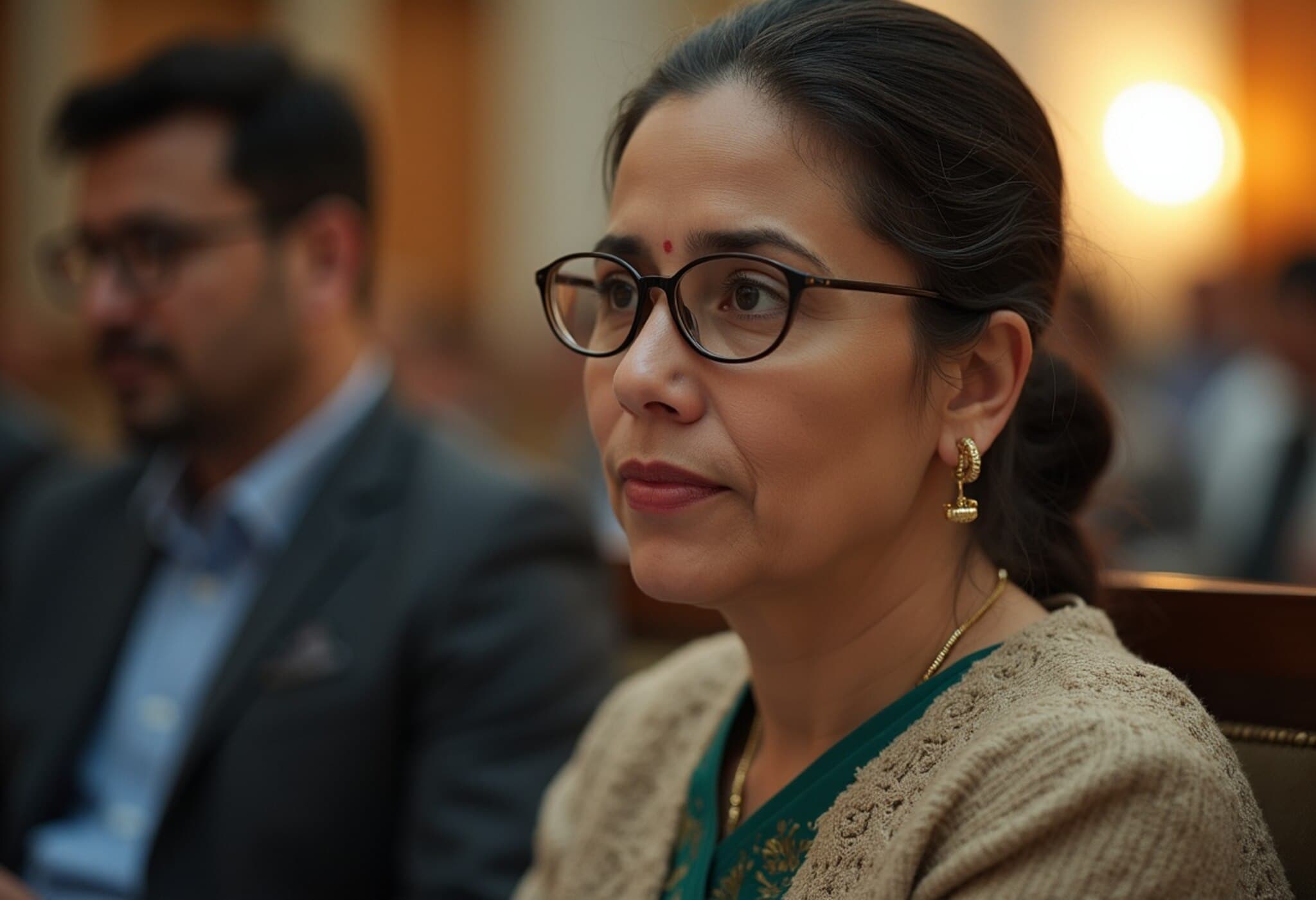Palestinian Death Toll Surpasses 55,000 in Prolonged Conflict
The death toll in the ongoing Israel-Hamas war has tragically exceeded 55,000 Palestinians, according to Gaza Health Ministry reports. This grim milestone comes nearly 20 months into the conflict, which continues to unleash devastation across the region.
On Wednesday alone, hospitals reported the deaths of at least 21 people who were en route to aid distribution centers when violence erupted. The precise circumstances surrounding these casualties remain unclear, as the Israeli military mentioned firing warning shots toward individuals perceived as threats in central Gaza.
Casualties at Aid Distribution Points Raise Alarms
Health officials detailed that 14 people lost their lives in the southern city of Rafah while attempting to collect humanitarian aid. Their bodies were transported to Nasser Hospital in Khan Younis. Meanwhile, Al-Awda Hospital in central Gaza confirmed seven additional deaths under similar circumstances.
Survivors’ accounts reflect the palpable fear gripping civilians lining up for essential supplies. One grieving mother, Safaa Farmawi, recounted how her 16-year-old daughter, Ghazal Eyad, was killed while seeking food assistance near Rafah.
Russian-fired warning shots targeting crowds near aid centers underscore the volatile environment. Though the aid groups maintain the distribution points themselves have remained violence-free, ongoing clashes and miscommunication continue to imperil vulnerable populations.
Aid Workers Among the Fallen in Targeted Attack
The newly formed Gaza Humanitarian Foundation (GHF), which manages several aid sites, reported a devastating assault on a bus carrying its Palestinian aid workers near Khan Younis. At least five employees were killed and others injured; some may also have been taken hostage, according to the foundation's statement.
The foundation blamed Hamas for the attack, though independent verification could not be established. Expressing sorrow, the organization conveyed their solidarity with victims and families affected by the violence.
Humanitarian Crisis Deepens Amid Aid Distribution Challenges
Since last month, a newly implemented aid distribution system has faced severe disruption caused by chaos and violence. This system, designed to circumvent Hamas interference, has been criticized by major humanitarian organizations for undermining neutrality and complicating access to assistance.
Despite partial easing of Israel’s blockade—which was fully lifted between March and May—experts warn that hunger and malnutrition continue to plague Gaza’s population of roughly two million. There is growing concern about potential famine unless comprehensive access to humanitarian aid is restored and military operations are halted.
Contested Aid Efforts and International Concerns
- Israel insists the new distribution framework prevents aid diversion to militants.
- UN agencies and nonprofits dispute any systematic misappropriation by Hamas.
- The restricted aid sites, limited to just three locations—two within a largely deserted Rafah—force widespread displacement as people seek supplies.
- Human rights advocates caution that current arrangements may violate humanitarian principles.
Hostage Recoveries and Ongoing Conflict Dynamics
Amid this turmoil, Israeli forces confirmed recovering the remains of two more hostages from Khan Younis, bringing ongoing attention to the hostage crisis stemming from the initial October 2023 Hamas attack.
One recovered victim was identified as Yair Yaakov, killed during the initial assault in which nearly 1,200 Israelis lost their lives and 251 abducted. While some hostages have been released through ceasefire agreements, approximately 53 remain captive, with fewer than half believed alive.
Hamas demands the release of Palestinian prisoners, a formal ceasefire, and Israeli withdrawal as conditions to free the remaining hostages. Israel, however, rejects those terms, maintaining it will fight until hostages return and Hamas is neutralized or exiled.
Political Standoff and Future Prospects
Israel's Prime Minister has asserted that Israeli control over Gaza will be indefinite, promoting what he describes as voluntary emigration for much of the population. This vision is widely condemned by Palestinians and international bodies as a potential forced displacement violating international law.
The conflict's human toll, compounded by humanitarian access challenges and political impasses, paints a bleak outlook without urgent efforts toward peace and relief.
Staying Informed
With the situation evolving rapidly, ongoing updates will be essential to understanding the full scope of humanitarian and geopolitical developments in the region.

